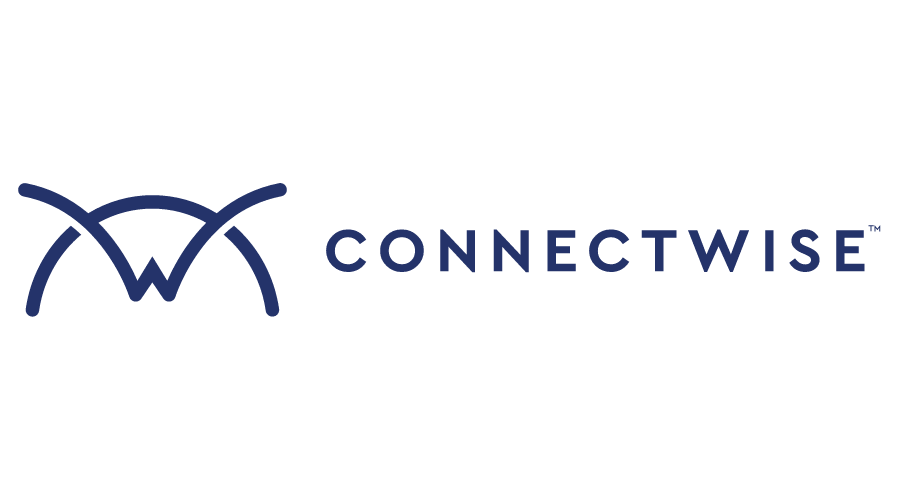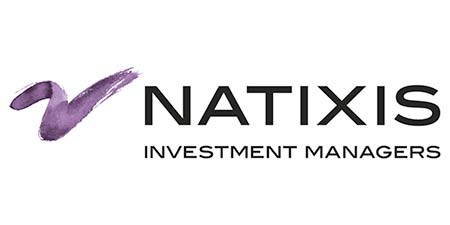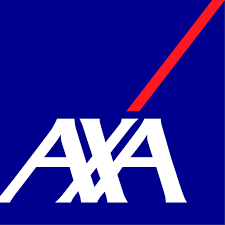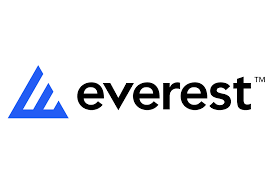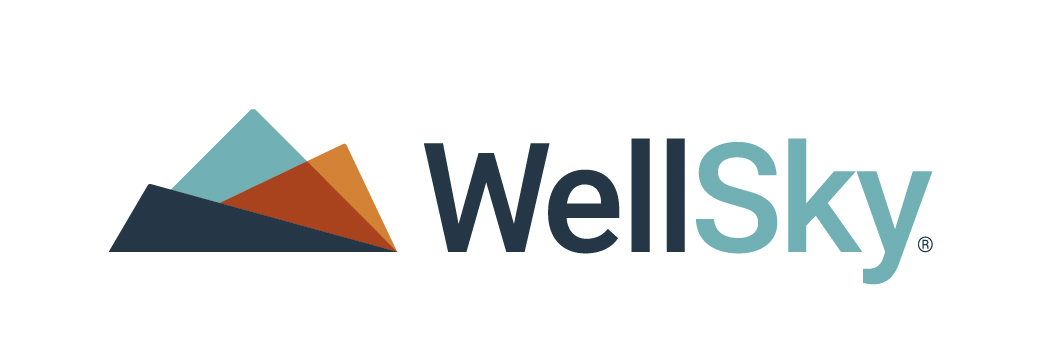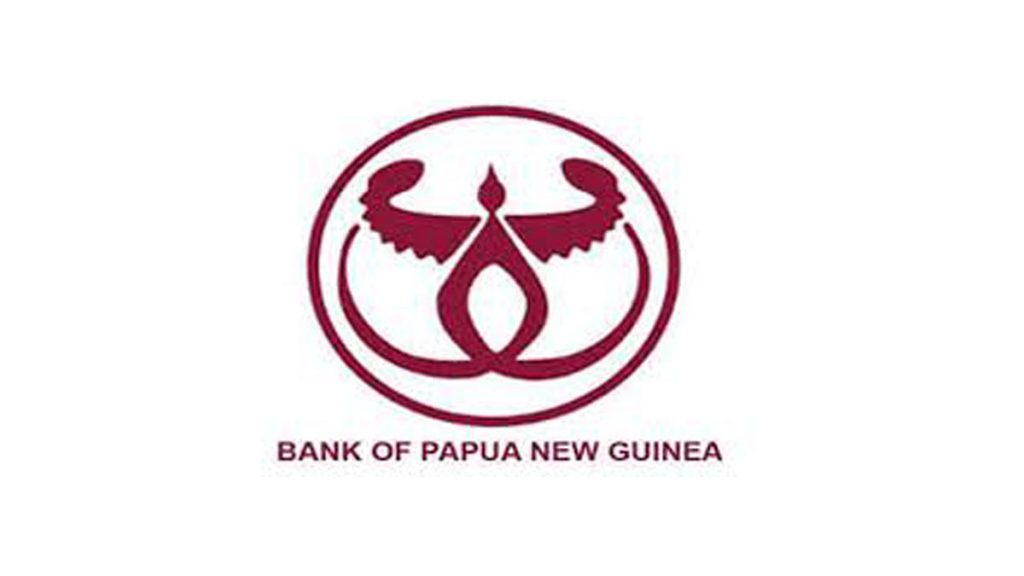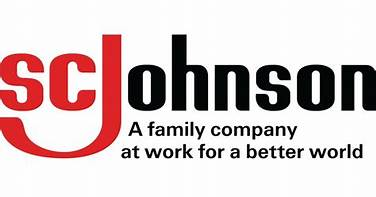Navigate Australia’s Financial Cybersecurity Maze
Australian financial entities must navigate the intricacies of CPS 234, APRA’s mandatory cybersecurity regulation. Organizations are tasked with implementing robust security measures, maintaining capabilities that match evolving threats, and ensuring prompt incident reporting—all while managing diverse digital assets and third-party communications securely.

The Access Control Conundrum
Complying with CPS 234 demands meticulous access control and asset management from APRA-regulated entities. Organizations must delineate precise security roles across all levels, from board members to individual employees. Implementing granular controls for sensitive data, while incorporating geofencing, app enablement, and file type filtering, presents a complex balancing act. Ensuring comprehensive compliance across all digital assets requires a sophisticated approach to data management, folder structuring, and invitation protocols.
Balance Security and Flexibility in Deployment
Organizations are required to maintain robust information security capabilities that match the scale and complexity of threats they face. This necessitates a delicate balance between security, compliance, scalability, and cost-effectiveness. Organizations must navigate diverse deployment options—from on-premises to various cloud solutions—while ensuring their chosen approach adequately protects information assets, minimizes vulnerabilities, and optimizes operational efficiency, all within budgetary constraints.


Data Protection and Testing
The regulation demands a multifaceted approach to data protection and security testing. Organizations must implement robust controls tailored to the sensitivity of their information assets, while continuously evaluating these measures’ effectiveness. This requires unifying security across various communication channels, adopting zero-trust principles, and maintaining a secure software development life cycle. Simultaneously, they must balance comprehensive protection with operational efficiency, ensuring timely updates and patches across all system components.
Race to Report Incidents
Finally, incident reporting requirements pose a significant challenge for organizations. They must swiftly detect, analyze, and report material security incidents to APRA, often under intense time pressure. This demands implementing sophisticated anomaly detection systems, leveraging AI for rapid identification of suspicious activities, and maintaining immutable audit logs. Organizations must balance the need for thorough investigation with the urgency of timely reporting, all while ensuring the integrity of their forensic evidence chain.

Cybersecurity Mandate—How Kiteworks Supports Compliance
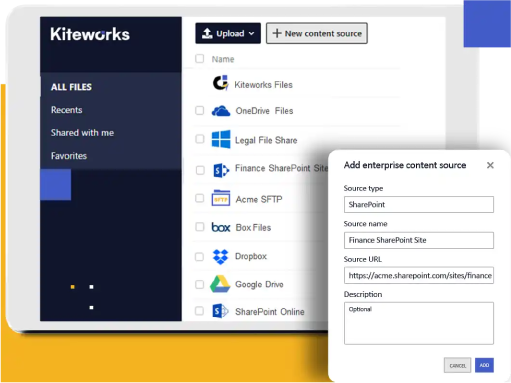
Precision Access Control
Kiteworks facilitates CPS 234 compliance by offering advanced access control features. Its platform enables administrators to implement granular, role-based controls for sensitive data, aligning with APRA’s requirements. The system’s sophisticated tools, including geofencing, app enablement, and file type filtering, allow organizations to tailor access policies precisely. This comprehensive approach empowers businesses to efficiently manage data, folders, and invitations, ensuring robust CPS 234 compliance across all digital assets.
Flexible Deployment
The platform offers a spectrum of versatile deployment options—from on-premises to various cloud configurations, including FedRAMP-certified private clouds. This flexibility allows organizations to tailor their information security capabilities to their specific threat landscape and budget constraints. By optimizing the balance between privacy, compliance, scalability, and cost-effectiveness, Kiteworks helps minimize vulnerabilities while reducing ongoing maintenance expenses.


Comprehensive Data Protection
Kiteworks offers robust data protection and testing requirements. It unifies security across various communication channels, providing centralized governance for sensitive digital assets. The platform implements strict controls, including zero-trust access and a minimized attack surface. Kiteworks’ secure software development life cycle, with regular testing and a bounty program, ensures ongoing protection. Additionally, its one-click update system facilitates timely patching, maintaining system integrity and reducing security risks.
Streamline Incident Reporting With AI-powered Detection
Incident reporting through advanced anomaly detection capabilities efficiently supports compliance. Its AI-powered technology swiftly identifies and alerts on suspicious activities, including potential data exfiltration. The platform’s immutable audit logs provide a reliable chain of evidence for forensic analysis. This comprehensive approach enables organizations to detect security incidents promptly, conduct thorough investigations, and report material breaches to APRA in a timely manner, ensuring compliance with CPS 234 reporting requirements.

Frequently Asked Questions
The Australian Prudential Regulation Authority (APRA) issued the mandatory security regulation CPS 234. It requires APRA-regulated entities, such as banks, insurance companies, and superannuation funds, to implement robust cybersecurity measures to protect against cyber threats and maintain strong information security capabilities.
CPS 234 came into effect on July 1, 2019. Since then, APRA-regulated entities have been required to comply with its provisions. The regulation was introduced to strengthen the resilience of Australia’s financial sector against the growing threat of cyberattacks and to ensure the protection of sensitive financial information.
CPS 234 requires organizations to clearly define information security roles and responsibilities, maintain information security capabilities commensurate with the size and extent of threats, implement controls to protect information assets, undertake systematic testing of control effectiveness, and promptly notify APRA of material information security incidents.
While CPS 234 and IRAP (Information Security Registered Assessors Program) are separate programs, they both aim to improve information security in Australia. APRA-regulated entities can use IRAP assessments to demonstrate compliance with aspects of CPS 234, as IRAP provides assurance that ICT systems meet government security standards.
Noncompliance with CPS 234 can result in regulatory action from APRA, including increased supervisory attention, enforcement actions, and potential financial penalties. It may also lead to reputational damage, loss of customer trust, and increased vulnerability to cyber threats, potentially resulting in significant financial and operational impacts.
FEATURED RESOURCES
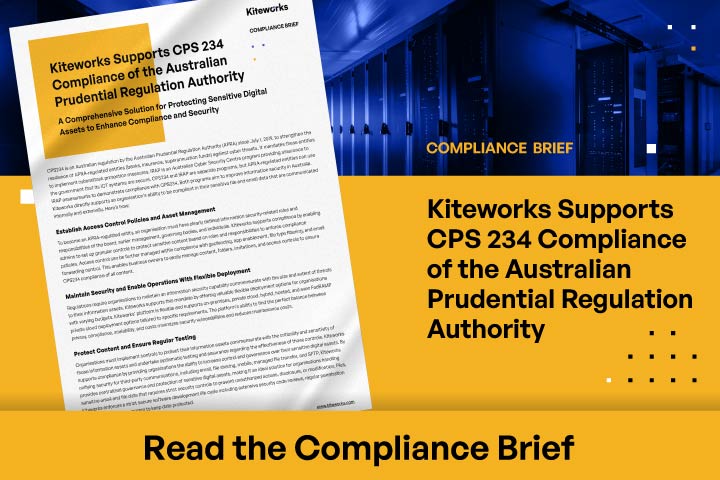
Demonstrate Compliance With the Australian Prudential Regulation Authority’s CPS 234 Regulation

Assessing the Maturity of Digital Communications Privacy and Compliance in Financial Services and FinTech
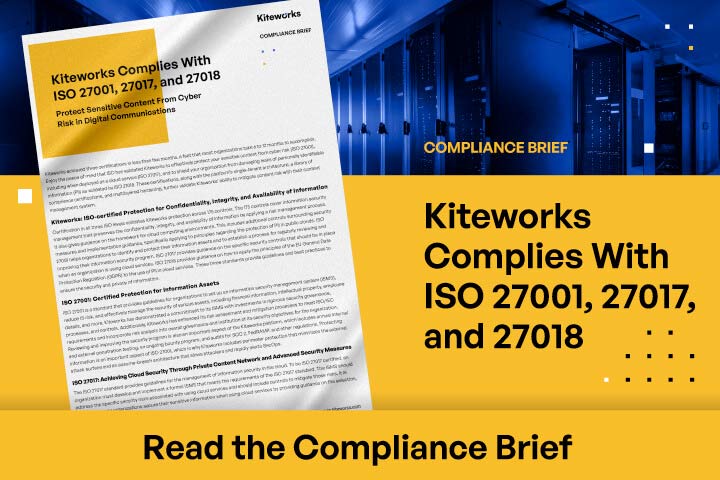
Kiteworks Complies With ISO 27001, 27017, and 27018

Finance Keeps the Lights on With Kiteworks for Secure Sharing of Financial Information
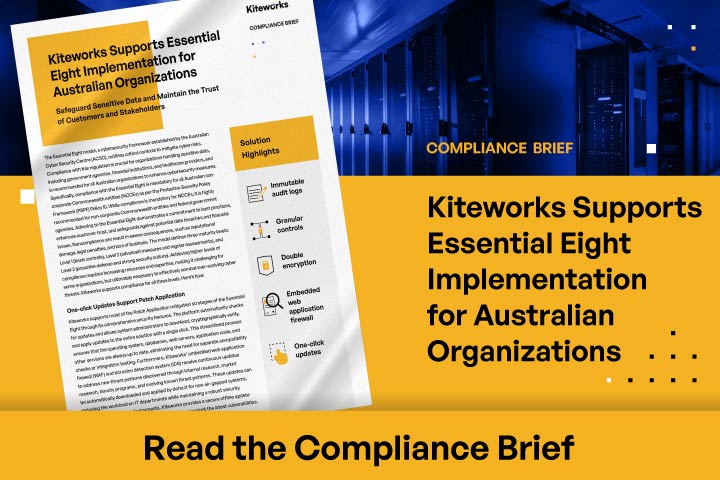
Kiteworks Supports Essential Eight Implementation for Australian Organizations

Redspin, Kiteworks, Cyturus and Carahsoft Partner to Launch “CMMC Compliance 360”
IT, SECURITY, PRIVACY, AND COMPLIANCE LEADERS AT THOUSANDS OF THE WORLD’S LEADING ENTERPRISES AND GOVERNMENT AGENCIES TRUST KITEWORKS
